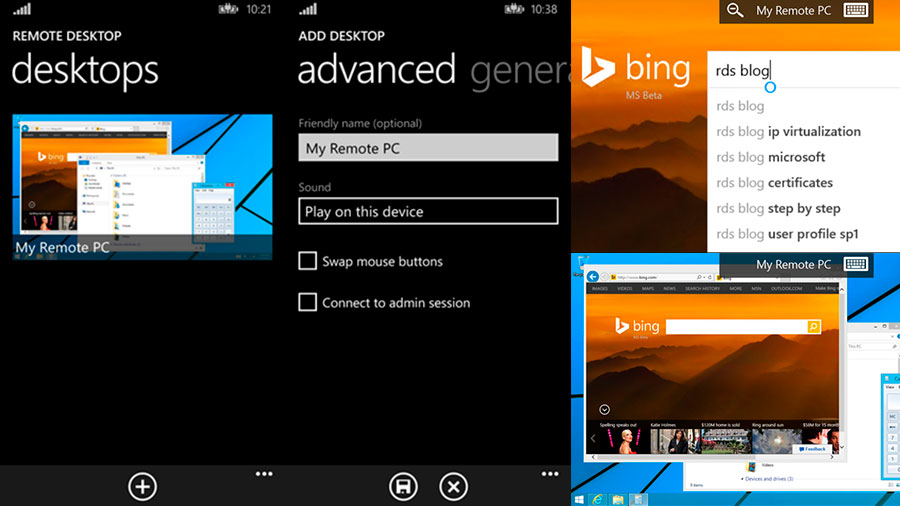Attacks on remote desktop protocols soared this year
Attackers are taking advantage of the Covid-19 pandemic

Cybersecurity firm Kaspersky has found that attacks on remote desktop protocols (RPD) grew by a staggering 242% compared to last year, with threat actors clearly seeing an opportunity in the mass transition to remote working.
Kaspersky researchers gathered evidence that attackers were clearly targeting home workers. In addition to the huge increase in the number of brute force attacks on RPD, 1.7 million unique malicious files were disguised as apps for corporate communication.
As a result of the coronavirus pandemic, many businesses had to rapidly enable remote working, meaning that security protocols often took a backseat. In addition to many employees using third-party solutions to share corporate data, unsecured Wi-Fi networks were often utilized to work from non-office environments.
- Check out our list of the best endpoint protection services available
- Here's our rundown of the best disaster recovery services on the market
- Also, check out our roundup of the best malware removal software
A steep learning curve
“This year taught us a lot,” Dmitry Galov, a security researcher at Kaspersky, commented. “The move online was not as flawless as one would imagine, especially given that we already lived in what we thought was a digitized world. As the focus switched to remote work, so did the cybercriminals, who directed their efforts to capitalize on a rise in adoption. I am happy to state that the adoption process was fast and this meant the world could go on. Economies did not freeze and we still get to have our coffee, albeit, via delivery services. Yet now we know that there is still a lot to learn about the responsible use of technology, with data sharing at the heart of it.”
As we move into a post-pandemic world, it is possible that the increase in remote working may continue. If so, both employees and businesses should become better prepared for the battle against cyberattackers.
Kaspersky recommends that corporate VPNs are installed, multi-factor authentication employed, and all devices kept up-to-date as methods that should be implemented by security-conscious organizations.
- We've also highlighted the best antivirus solutions on the market
Are you a pro? Subscribe to our newsletter
Sign up to the TechRadar Pro newsletter to get all the top news, opinion, features and guidance your business needs to succeed!
Barclay has been writing about technology for a decade, starting out as a freelancer with ITProPortal covering everything from London’s start-up scene to comparisons of the best cloud storage services. After that, he spent some time as the managing editor of an online outlet focusing on cloud computing, furthering his interest in virtualization, Big Data, and the Internet of Things.
